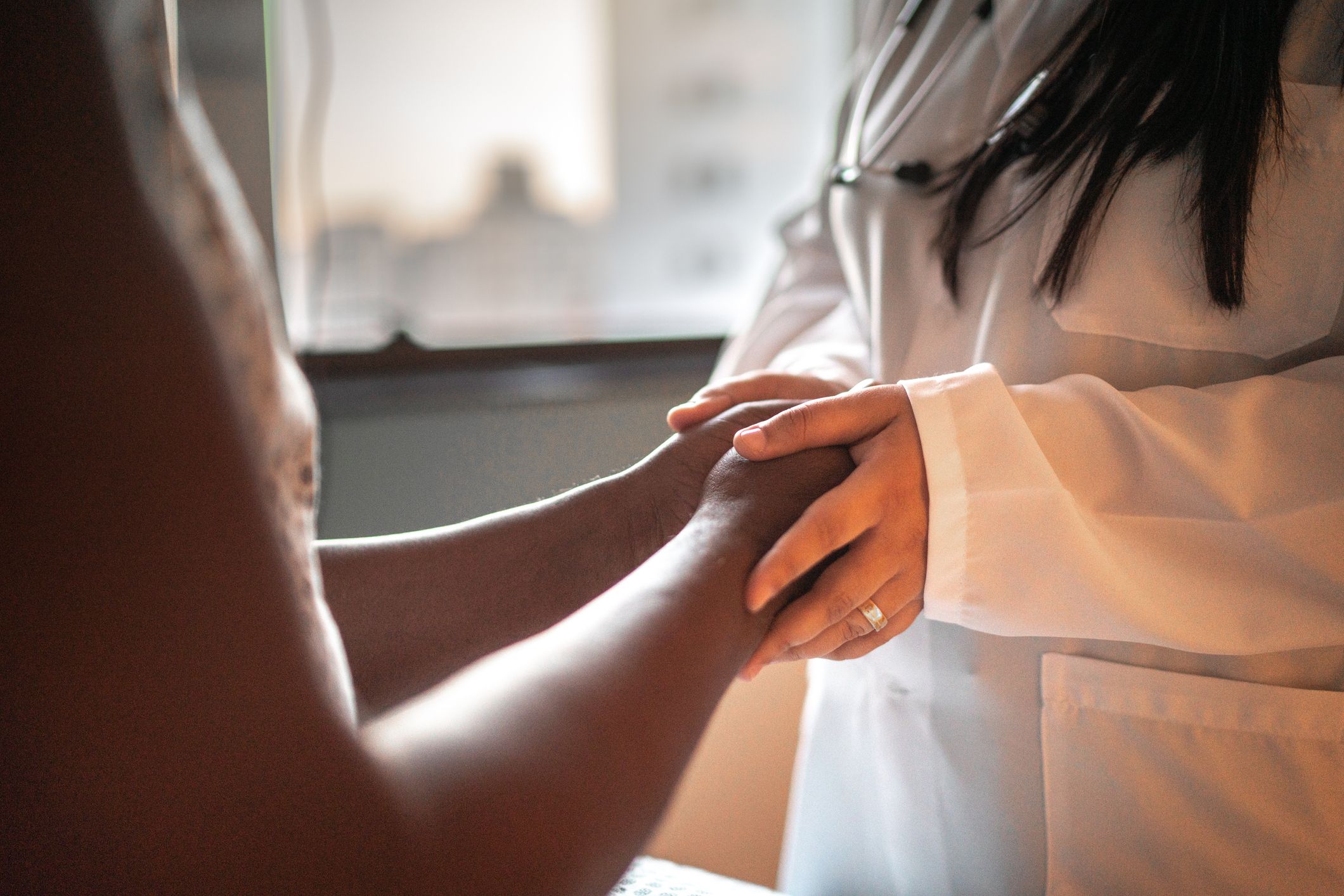
ASK A DOCTOR: HOW DID I GET PANIC ATTACK? IS THERE A CHANCE I PASSED THIS ON TO MY KIDS?
Expert opinion from Israel B Dos Santos
Master of Public Health · 1 years of experience · Brazil
A panic attack is a sudden episode of intense fear that triggers severe physical reactions when there is no real danger or apparent cause. Panic attacks can be very frightening. When panic attacks occur, you might think you're losing control, having a heart attack, or even dying. Panic attacks typically begin suddenly, without warning. Symptoms of panic disorder often start in the late teens or early adulthood and affect more women than men. Factors that may increase the risk of developing panic attacks or panic disorder include: Family history of panic attacks or panic disorder; Major life stress, such as the death or serious illness of a loved one; A traumatic event, such as sexual assault or a serious accident; Major changes in your life, such as a divorce or the addition of a baby; Smoking or excessive caffeine intake; History of childhood physical or sexual abuse.
→ Learn more about panic attack: See the causes, symptoms, treatment options and more.
→ See more questions and expert answers related to panic attack.
Expert opinion from Mohan P. Abraham
M.D., FAAFP (Family Physician) · 40 years of experience · USA
Panic attacks can possibly be the result of overwhelming emotions like helplessness, fear or when a person is a witness of such an incident that has left a deep impact in his or her mind. Panic attacks are not always congenetical but children might develop panic attacks if they are brought up in such an environment from a very tender age. Hence, both hereditary and environmental transmission are possible.
Expert opinion from Marcella Abunahman Pereira
Specialization in Clinical Cardiology · 12 years of experience · Brazil
Panic attacks come on suddenly and involve intense and often overwhelming fear. They’re accompanied by very challenging physical symptoms, such as a racing heartbeat, shortness of breath, nausea, dizziness and even chest pain. This condition is part of the anxiety disorder. It is not a transmissible or a purely genetic condition, so you will not pass it on to your children.
→ Learn more about panic attack: See the causes, symptoms, treatment options and more.
→ See more questions and expert answers related to panic attack.
| What are people curious about? | |
|---|---|
| Hidradenitis suppurativa | Psoriasis treatment |
| Atopic dermatitis | Scalp psoriasis |
Disclaimer: This is for information purpose only, and should not be considered as a substitute for medical expertise. These are opinions from an external panel of individual doctors, and not to be considered as opinion of Microsoft. Please seek professional help regarding any health conditions or concerns.
2024-04-29T23:03:56Z dg43tfdfdgfd











